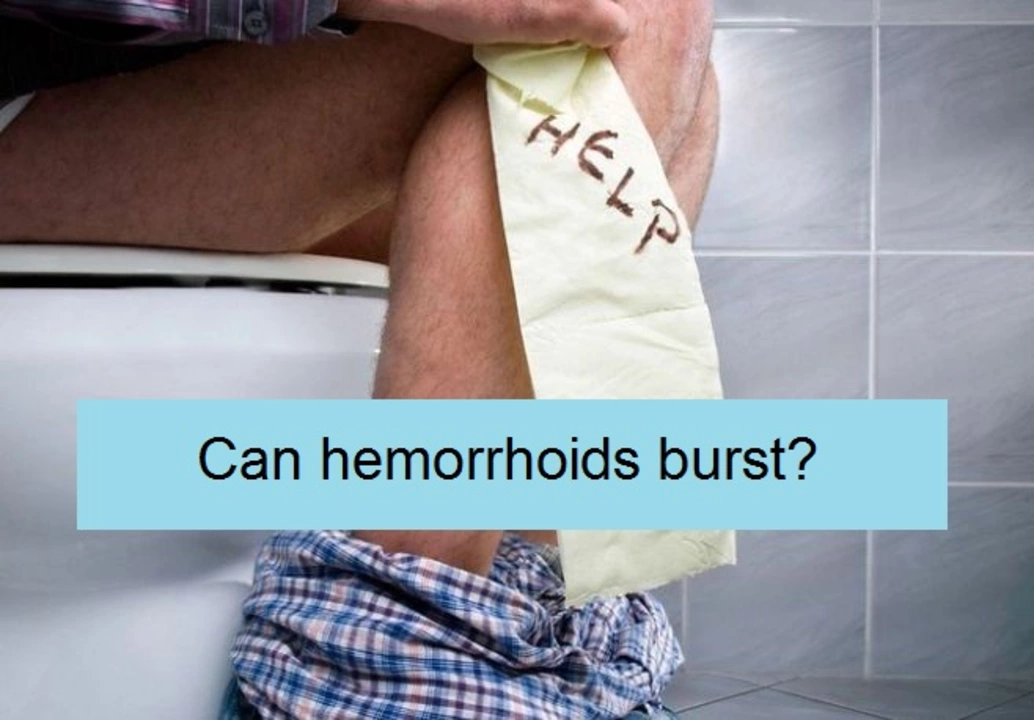Hemorrhoids: What You Need to Know
Hemorrhoids are swollen veins around the anus or lower rectum, and they can be a real pain—literally and figuratively. They happen because of increased pressure in these veins, often caused by things like sitting too long, constipation, pregnancy, or heavy lifting. If you’ve noticed itching, pain, or even some bleeding during bathroom visits, those might be signs of hemorrhoids.
The good news? Most hemorrhoids can be managed easily without surgery. Simple lifestyle tweaks like eating more fiber, drinking plenty of water, and avoiding straining can make a world of difference. Using over-the-counter creams or warm sitz baths can soothe irritation and swelling pretty fast.
Common Symptoms and When to See a Doctor
Itching, discomfort, and bright red spots of blood on toilet paper or stools are common with hemorrhoids. Sometimes, you might feel a lump near your anus that’s tender or painful. While most cases are harmless, if you notice heavy bleeding, persistent pain, or if symptoms don’t improve after a week, it's smart to check with a healthcare provider. These symptoms could signal something more serious.
Simple Home Remedies to Ease Discomfort
Avoiding constipation is key, so pump up your fiber intake by eating fruits, veggies, and whole grains. Don’t forget to stay hydrated—water helps keep stools soft and easier to pass. Try not to sit for too long, especially on hard surfaces. When the discomfort hits, warm baths or using cold compresses can bring quick relief. These easy steps often keep hemorrhoids from becoming a bigger problem.
Managing hemorrhoids doesn’t have to be complicated. With basic care and some attention to daily habits, you can reduce symptoms and improve comfort fast. If things aren’t getting better, don’t hesitate to seek medical advice—you deserve to feel good.
The Connection Between Hemorrhoids and Stress: Strategies for Reducing Both
- DARREN LLOYD
- 15
In my recent blog post, I explored the connection between hemorrhoids and stress, emphasizing the importance of managing both for overall well-being. I discovered that chronic stress can exacerbate hemorrhoids by causing constipation and straining. To reduce both stress and hemorrhoid symptoms, I suggested incorporating relaxation techniques, exercise, and a fiber-rich diet. Additionally, staying hydrated and avoiding long periods of sitting were also recommended. By following these strategies, one can alleviate the symptoms of hemorrhoids while also improving their overall mental health.
READ MORE
